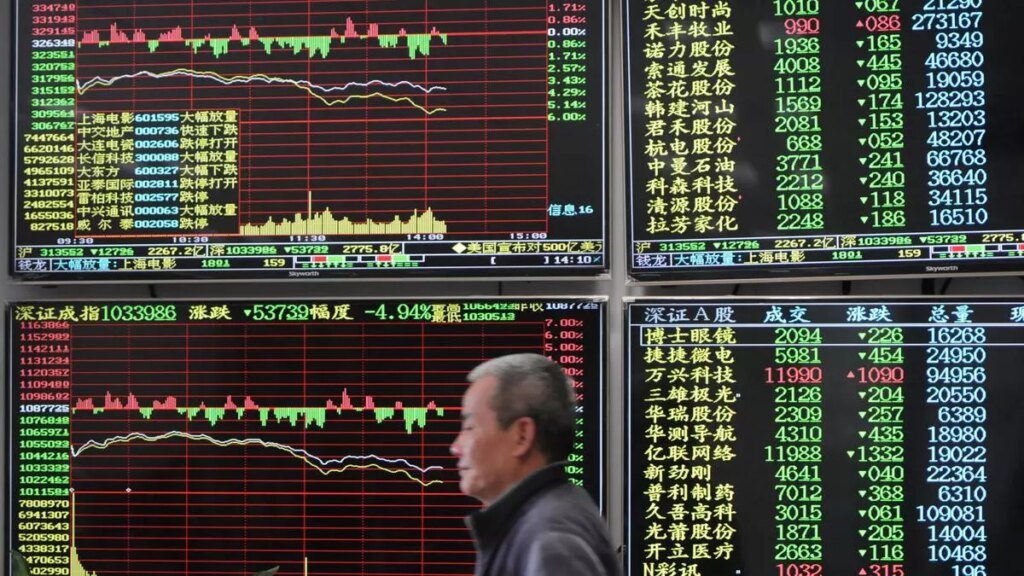China market stimulus may not impact India’s FPI flows

China’s announcement of a stimulus on September 24 led to a market revival as well as a shift in portfolio flows to India and China. Foreign portfolio investors had been purchasing Indian stocks heavily through 2023 and most of 2024. But they turned net sellers in October, pulling out record monthly amount of ₹67,834 crore. This outflow has coincided with overseas Chinese funds receiving $13.91 billion since the last week of September.
But it will be wrong to conclude that investors have begun reallocating money to China once again. While foreign funds may be buying Chinese equity for the short-term, the Indian market offers better returns for long-term investors. The Chinese stock market has been among the worst performers since 2021 with the MSCI China index trading 57 per cent below its 2021-peak until the beginning of this calendar year. The market sentiment was affected by numerous factors including a regulatory clampdown on digital companies, the real estate crisis and slowing exports. Investors in Chinese markets had been anticipating a big stimulus package to bolster the market. The People’s Bank of China cut its policy rate by 20 basis points to 1.5 per cent and the bank reserve requirements by 50 basis points. To help the property market, average interest rate on existing mortgages was lowered by 50 basis points and minimum down payment was lowered to 15 per cent on all types of homes. Liquidity support was also provided to funds, insurers and stockbrokers to help purchase stocks. With more stimulus measures in the offing, it MSCI China index rallied over 30 per cent after the announcement.
But it may be early to call this a sustainable uptrend; Chinese stocks have given up half of the recent gains over the past week. There are several reasons for being sceptical about this rally. One, the stimulus has fallen short of expectations; the cut in policy rate and reserve requirement is too small to make a material difference. The government is proceeding cautiously. Recent steps appear aimed at stabilising the economy and putting a lid on the real estate crisis, rather than supporting stock markets. Two, the real estate crisis continues to fester with excess supply dragging down home prices while the mortgage debt remains the same, impacting consumption and causing deflation. Three, the US presidential elections have cast a cloud of uncertainty over Chinese companies as an increase in protectionism can further impact industries saddled with overcapacity.
Recent foreign portfolio outflows out of India may be partly influenced by the revival in Chinese equity. But the premium valuation of Indian stocks and the large gains in the past two years may also have led to some profit booking now. The record inflows into India-focused offshore funds over the past year and increasing weight for Indian equity in global indices show that long-term investors continue to repose faith in India’s growth.








